Spirituality
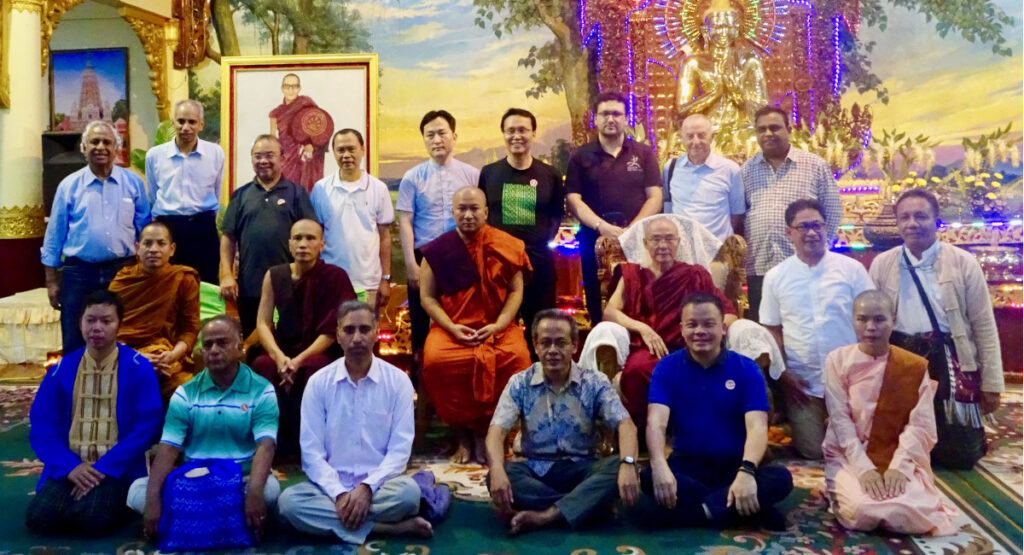
Friends across religions
Myanmar, a predominantly Buddhist country, provided the perfect venue for the ninth international gathering of the Jesuit Conference of Asia Pacific (JCAP) Buddhist Studies and...read more

“Showing the Way to God” in Asia Pacific
The first of the new Universal Apostolic Preferences (UAP) of the Society of Jesus is “to show the way to God through the Spiritual Exercises...read more
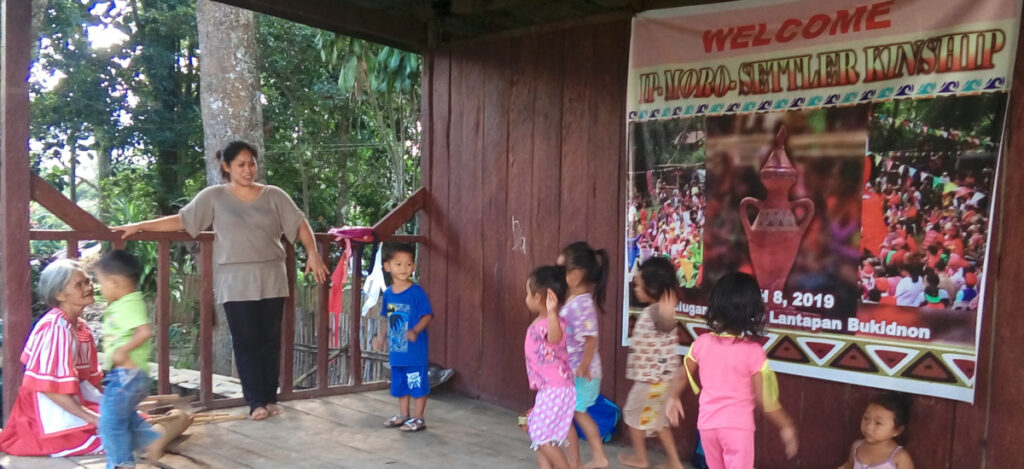
Finding God in lived experiences with Lumad and Muslim communities
A small group of Jesuit scholastics, composed of two Indonesians, two Filipinos and one Korean, and a lay woman travelled to Southern Philippines for a...read more
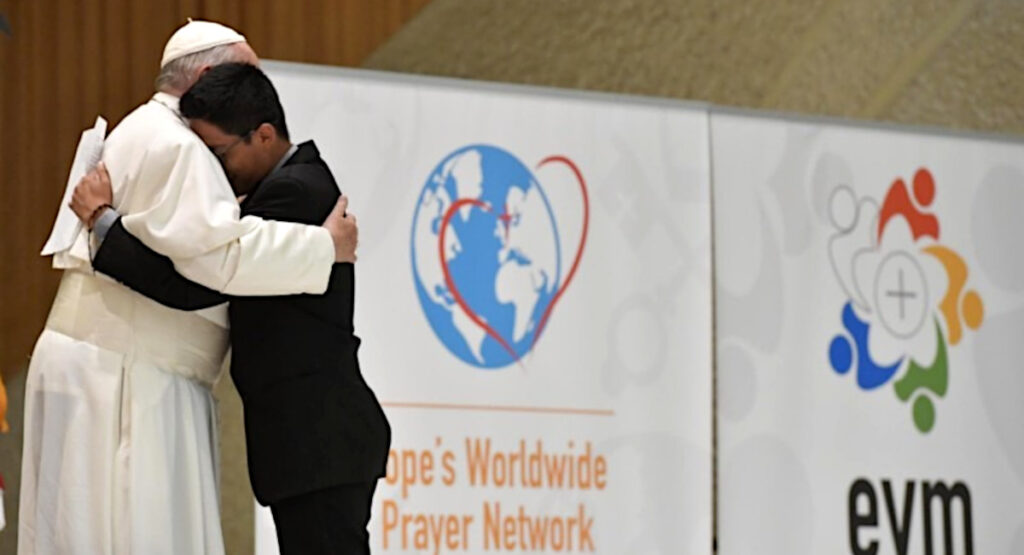
Celebrating 175 years of praying with the Heart of Jesus
On June 28, in the Paul VI Hall in Vatican City, directors and friends from around the world had the privilege of a special audience...read more
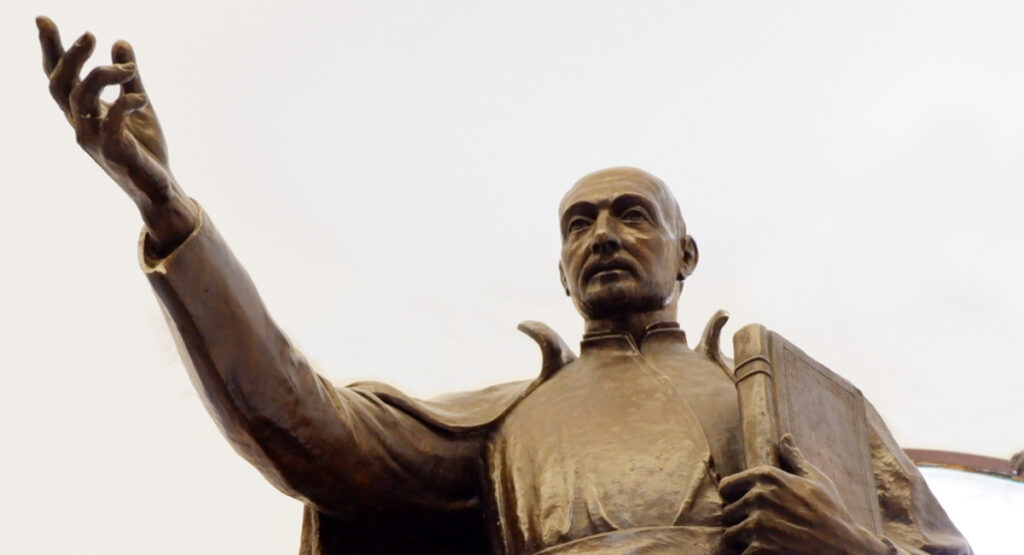
Ignatian insights for living
Fr Brendan McManus SJ, who works in the area of spirituality and spiritual accompaniment in the Irish Province, says he has had a great life...read more
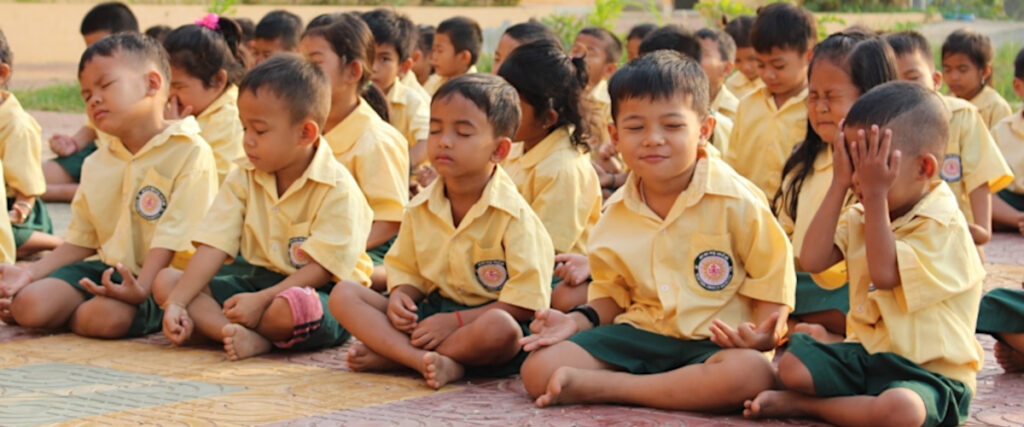
Xavier Jesuit School children practice mindfulness meditation
Xavier Jesuit School Cambodia introduced “Mindfulness Meditation” to the kindergarten and primary school students during their morning assembly and lunch break. It was quite a...read more
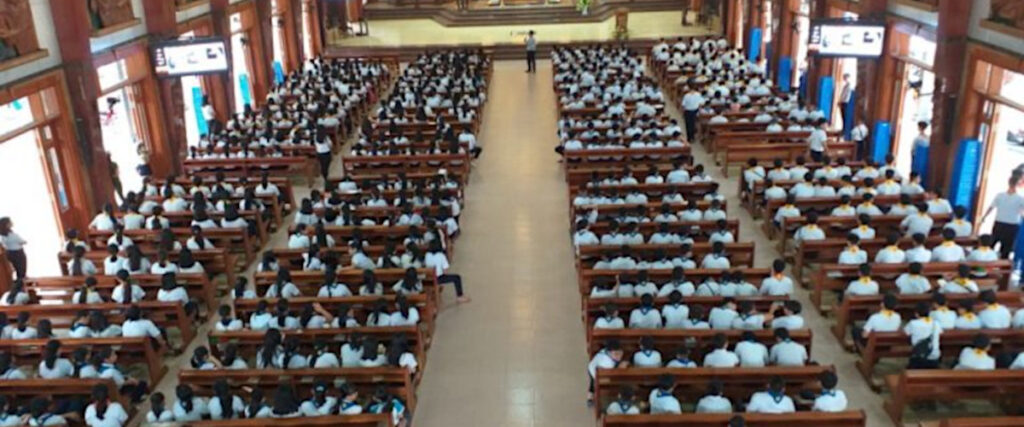
Helping young people to hear the call
The words of the Gospel of Matthew–“The harvest is abundant but the labourers are few; so ask the master of the harvest to send out...read more
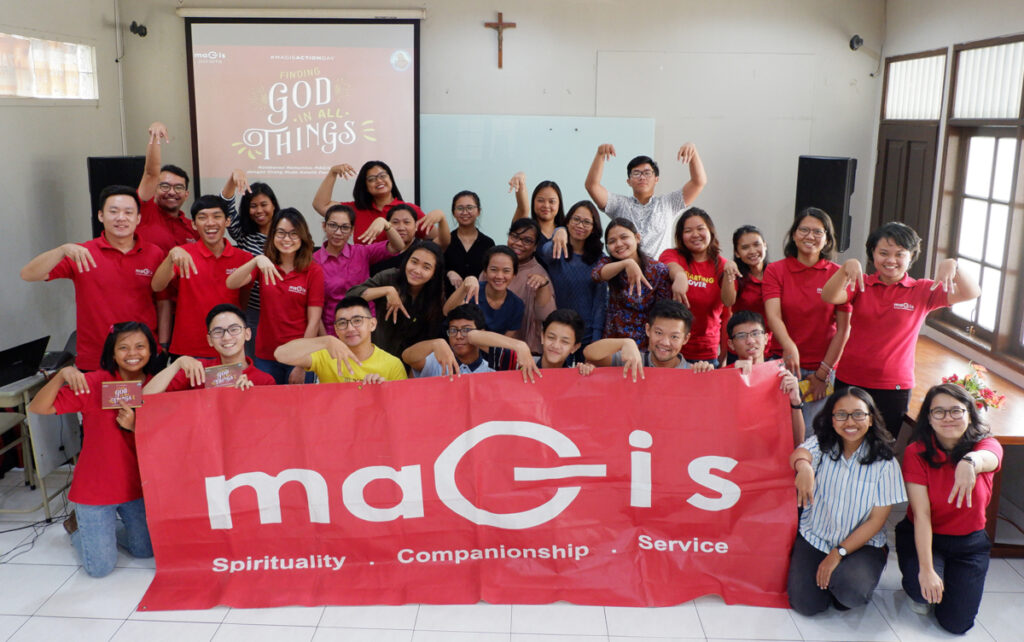
One MAD day
On a bright Sunday morning, nine of us friends headed to a parish in Tangerang, Greater Jakarta for Magis Action Day (MAD). I had hoped...read more
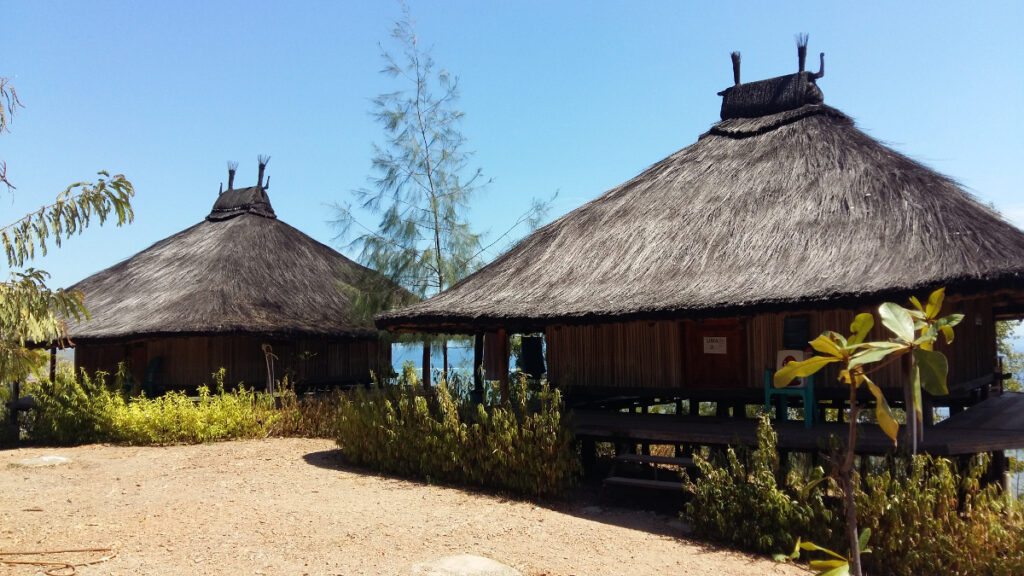
Centro Espiritualidade Ignaciana opens in Timor-Leste
The first Apostolic Priority of the Jesuit Region of Timor-Leste for 2019-2023 is “Service of Faith through Ignatian Spirituality”. As Jesuits, we commit ourselves to...read more
